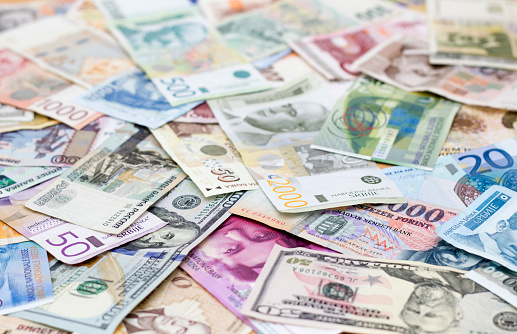Dangers Of China Devaluing Its Currency

The Trump administration recently imposed new tariffs on Chinese goods. This move has led to the People’s Bank of China, allowing the yuan to slump below its significant reference level of 7 per dollar.
The yuan has been growing steadily in the past few years. Therefore, this situation has shocked world markets. Here are the main dangers of China letting its currency slip.
Competitive Edge
A weaker yuan will impact the competitiveness of American businesses. The fall will make Chinese goods cheaper in the American market to offset Trumps new 10% trade tariffs.
This means that American products will also be more costly in China, which will discourage their domestic consumers.
Therefore, American companies will find it challenging competing with their Chinese counterparts.
However, China will also feel the pain. Foreign companies will find selling their products more costly in China and lead to capital flight.
A case in point, the last time China devalued its currency, in 2015, it lost over 600 billion in capital flight. This incident serves to highlight the risks of a weakened yuan to the Chinese economy.
Global Markets
A fall in yuan has led to volatility in the global financial markets. China is a major global economic player. There has been a drop in asset value in property and stock markets.
This situation is evident by declines in share prices of major companies in most sectors in the US and leading European stock markets.
For example, major global tech companies such as Apple, Amazon, Microsoft, and Facebook have recorded significant drops in value.
Another potential danger is countries affected by the yuan fall also devaluing their currency. Countries competing in similar markets with Chinese goods such as in South East Asia may see the weakening of the yuan as creating unfair competitive advantage. They may counteract by devaluing their currency against the yuan. Such a move will be costly to many SMEs in South East Asia, therefore, stifling their financial markets.
China has laid the blame of this fall on Trump’s trade protectionist measures and says it’s reacting to market forces. With the escalating trade wars between the US and China, we can expect more uncertainties in the stock market.